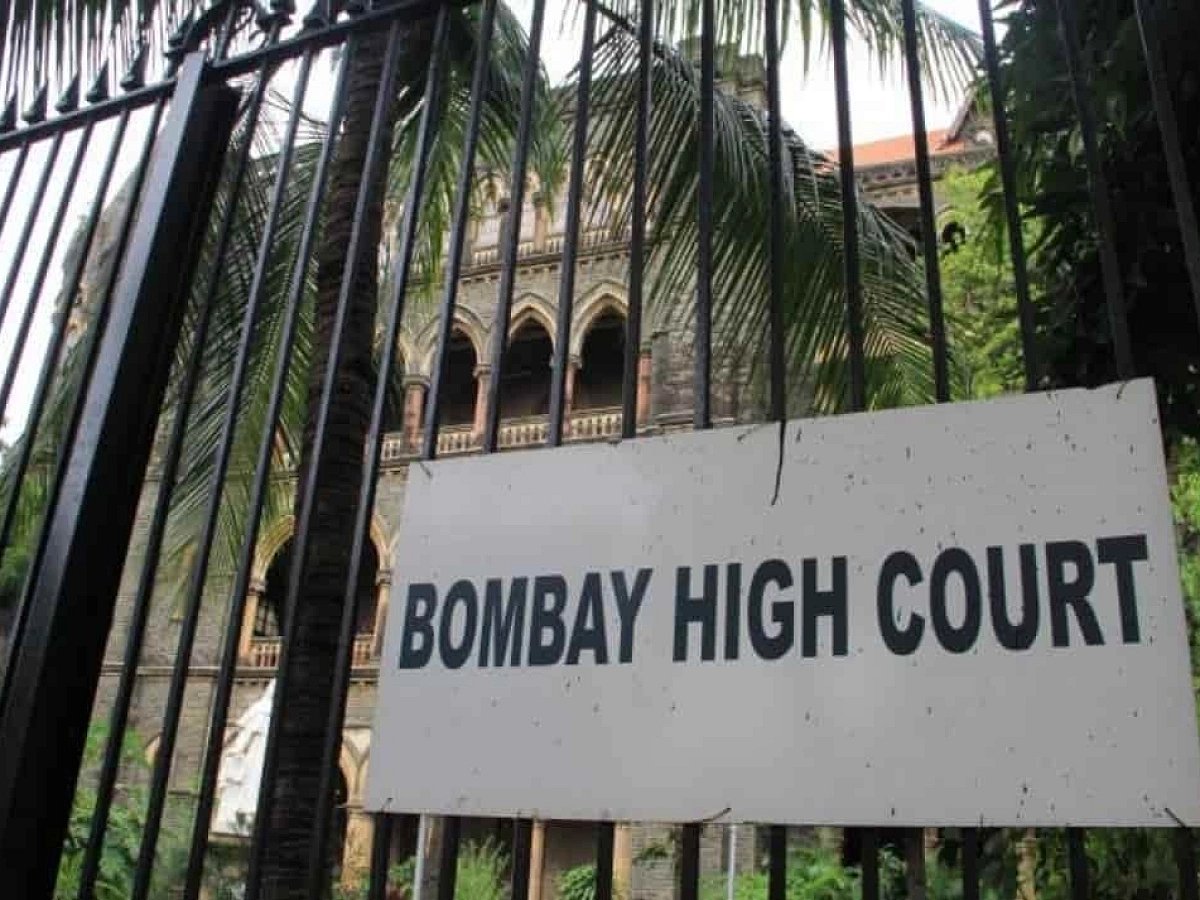Bombay HC rules out leniency to man for killing girlfriend in 2012 following a quarrel
Prosecutor opposed the plea saying that the doctor who performed post mortem testified that the girl’s death has been due to ‘asphyxia due to throttling’.

Photo: Representative Image
The Bombay High Court has refused to show leniency to the man who killed his girlfriend following a quarrel in 2012.
A division bench of justices SS Shinde and Sarang Kotwal upheld the life sentence of Sameer Khan, a Nashik resident observing that the prosecution had proved his case beyond a reasonable doubt.
The HC was hearing an appeal filed by Khan challenging his conviction by the sessions court in Nashik on November 27, 2014.
According to public prosecutor SS Hulke, Khan and the deceased had eloped earlier on one occasion when they were nabbed by the police and returned home. However, once again they eloped in 2011 and were not traceable.
Khan was a frequent visitor in the society where the girl used to stay to meet her. A day prior to the incident, he had introduced himself as the girl’s husband to one of the neighbours.
On October 3, 2012, the neighbours and the girl’s landlord had heard them quarrel but following their intervention, the quarrel was settled.
However, the next day, once again neighbours heard them quarrel. As they did not open the door for a long time, the landlord and the neighbours broke it open and saw Khan jumping out of the kitchen window while the girl lying on the floor. She was brought to the hospital by the neighbours where she was declared dead.
Khan’s advocate, Aniket Vagal, argued that the incident was a result of a sudden quarrel and in the heat of passion. Vagal said that Khan’s subsequent conduct and repentance of the act saying that he had committed a mistake shows that he had no intention of killing the girl.
He emphasised that this was not a case of murder but of culpable homicide not amounting to murder and argued that he should be shown leniency and his sentence should be reduced.
Prosecutor opposed the plea saying that the doctor who performed post mortem testified that the girl’s death has been due to ‘asphyxia due to throttling’. He has stated that the deceased had died because of the compression of the trachea.
The court observed that “the evidence of the witness leaves no manner of doubt to conclude that the deceased had died because of throttling.”
Upholding the sentence, the HC said: “There is no scope to hold that this is not a case of murder.”
RECENT STORIES
-
-
-
-
-
